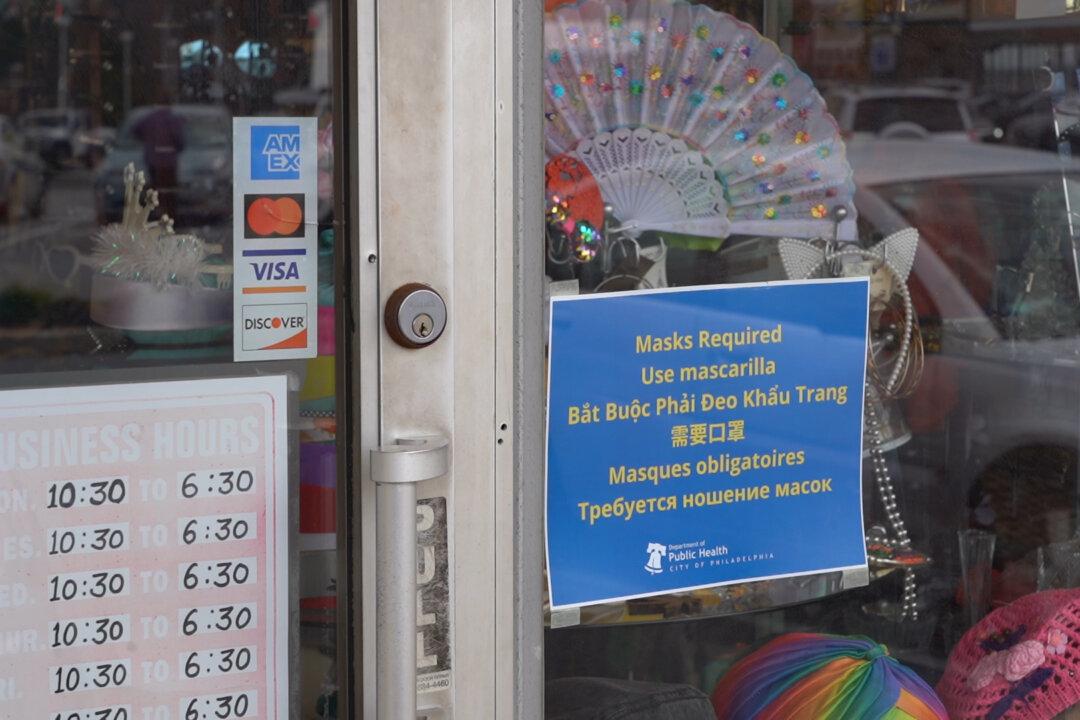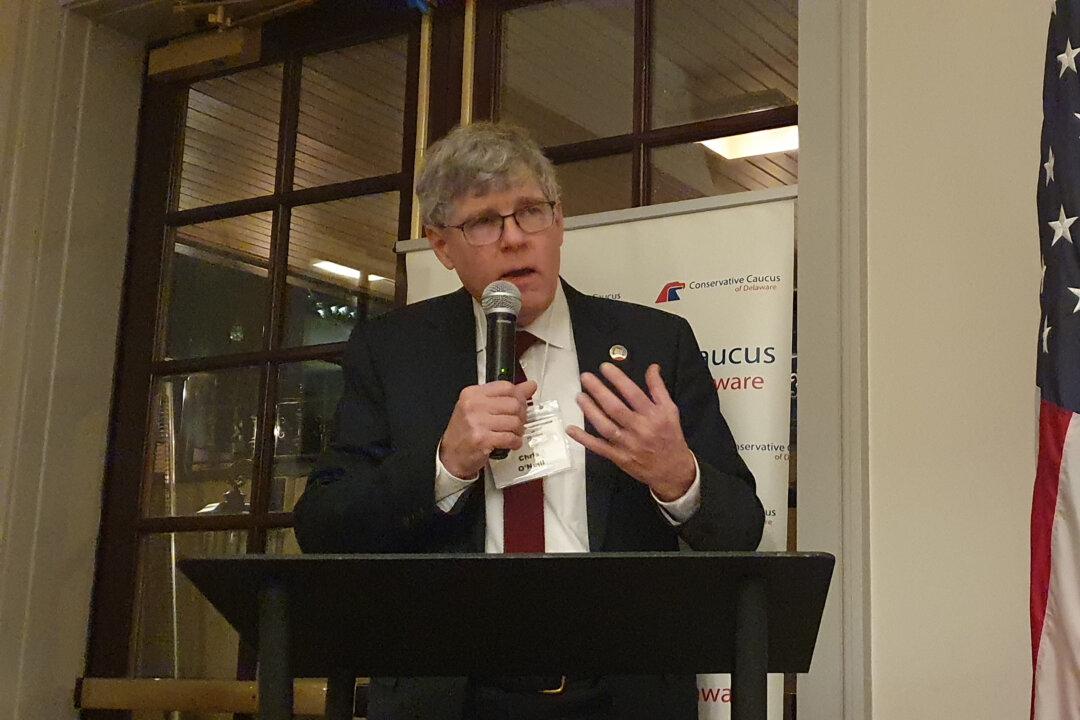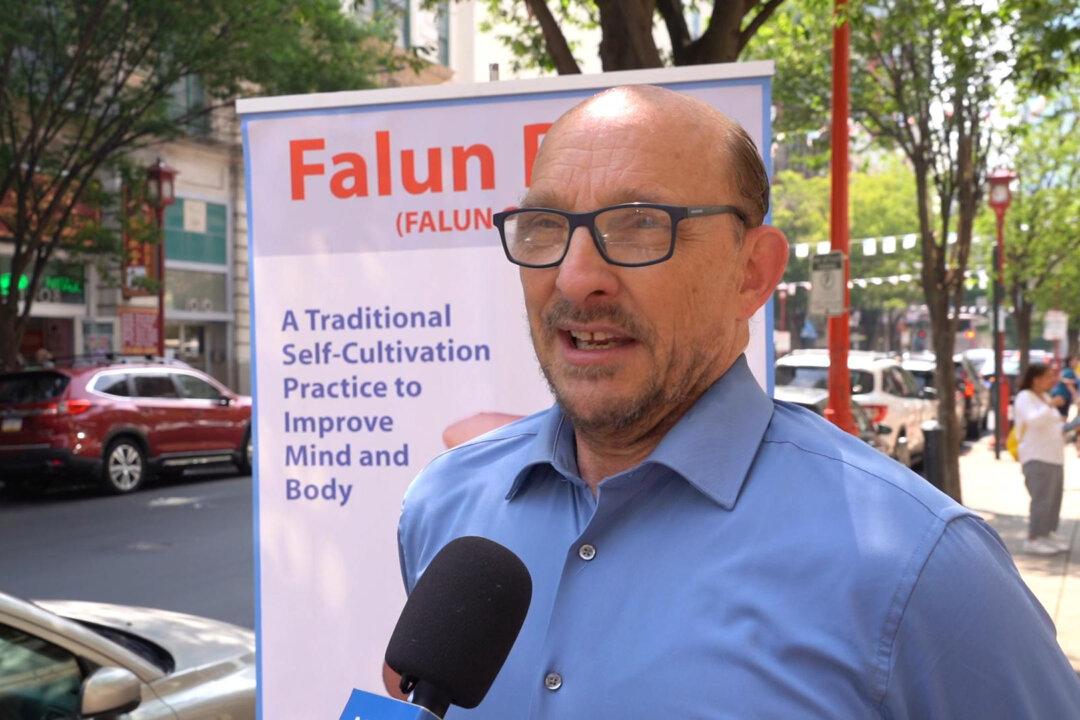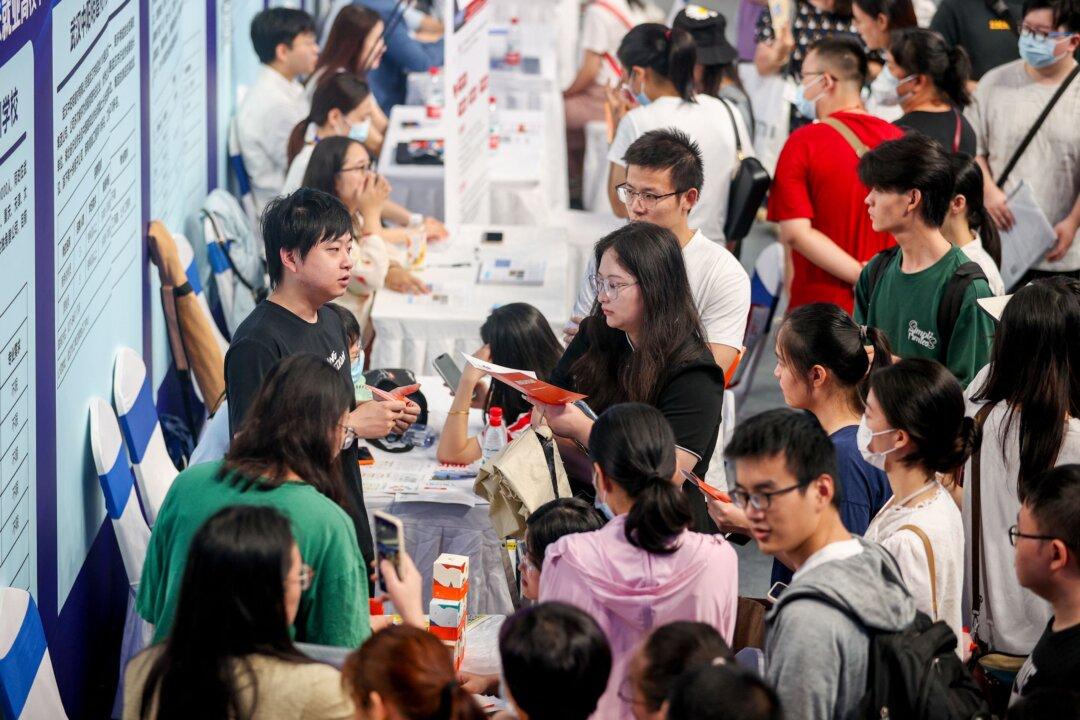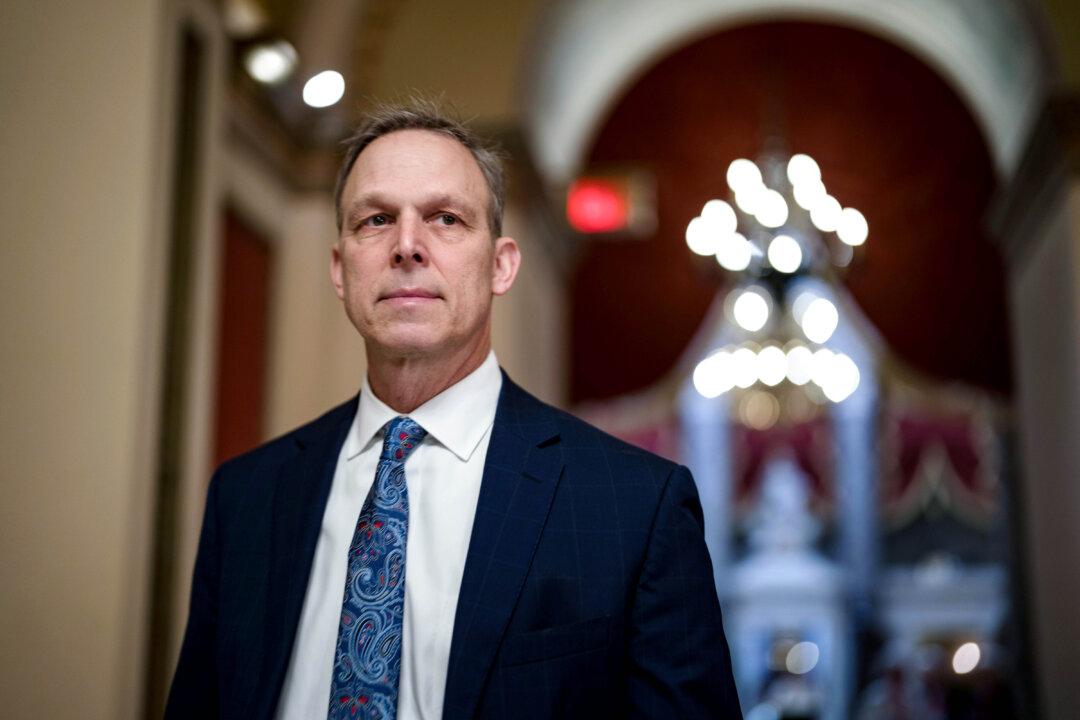Seventeen plaintiffs including local businesses and residents filed a lawsuit on April 16 in Pennsylvania’s Commonwealth Court, seeking to overturn Philadelphia’s renewed indoor mask mandate.
The city’s health officials reinstated indoor masking on April 18, after previously ending the policy on March 2.
